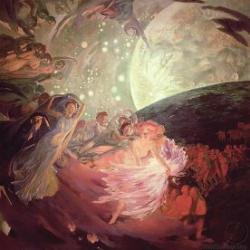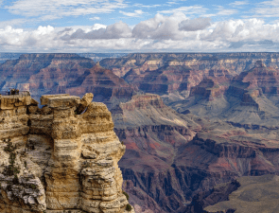by Thomas Schenk Watching the sun rise over a large body of water – the slowly increasing illumination of the sky, the colors captured in thin clouds, the moment the top of the sun first appears and the minutes that pass as the sun makes what appears to be its journey from the waters into the sky – is something I will always take the time to watch. Ideally, that large body of water is the ocean, but living about... Read more
















